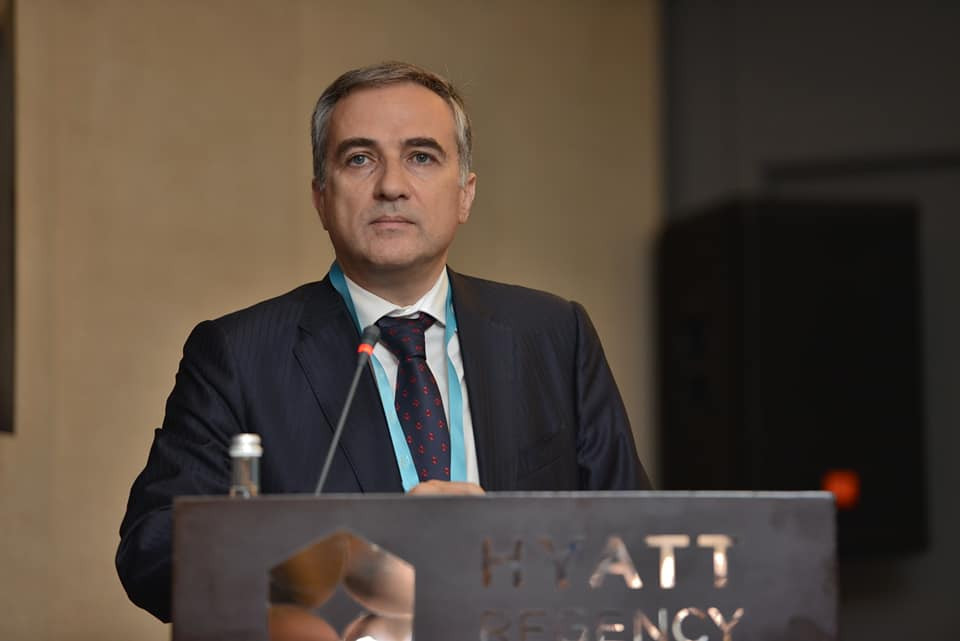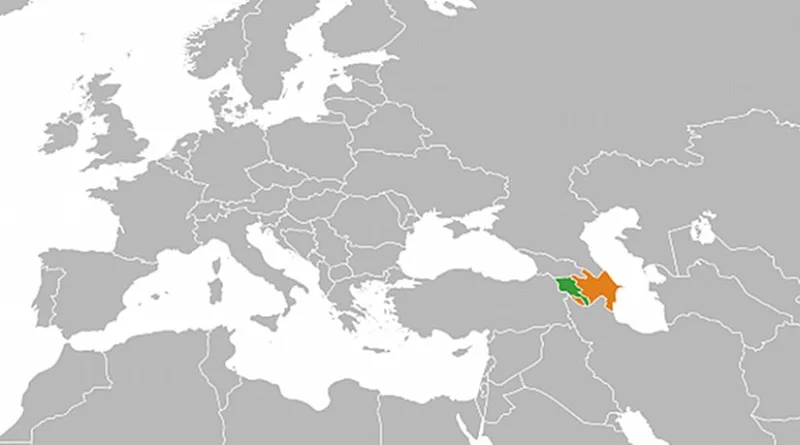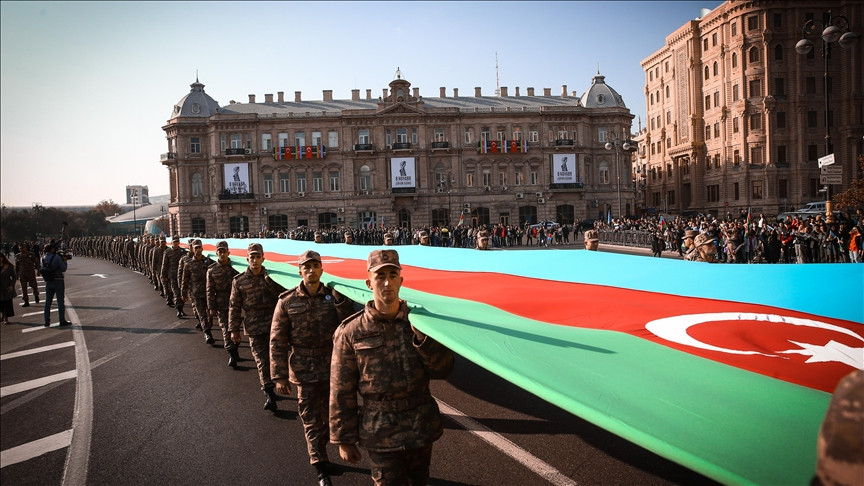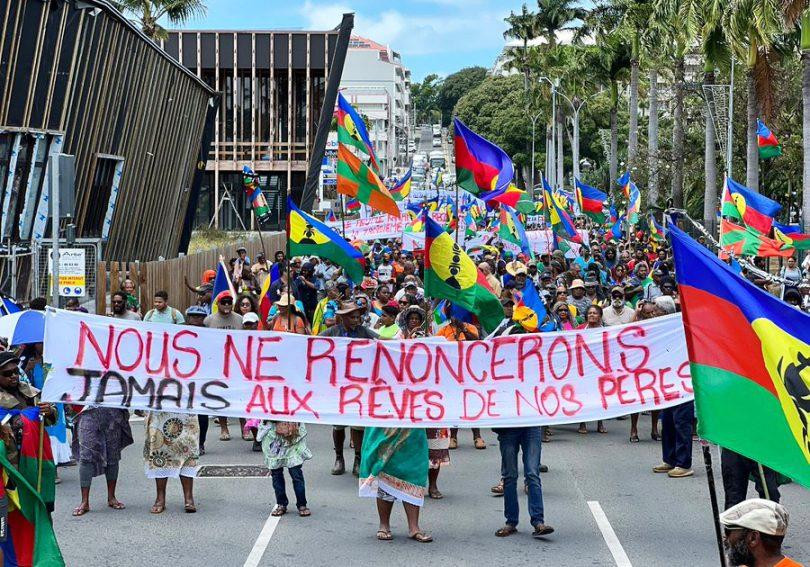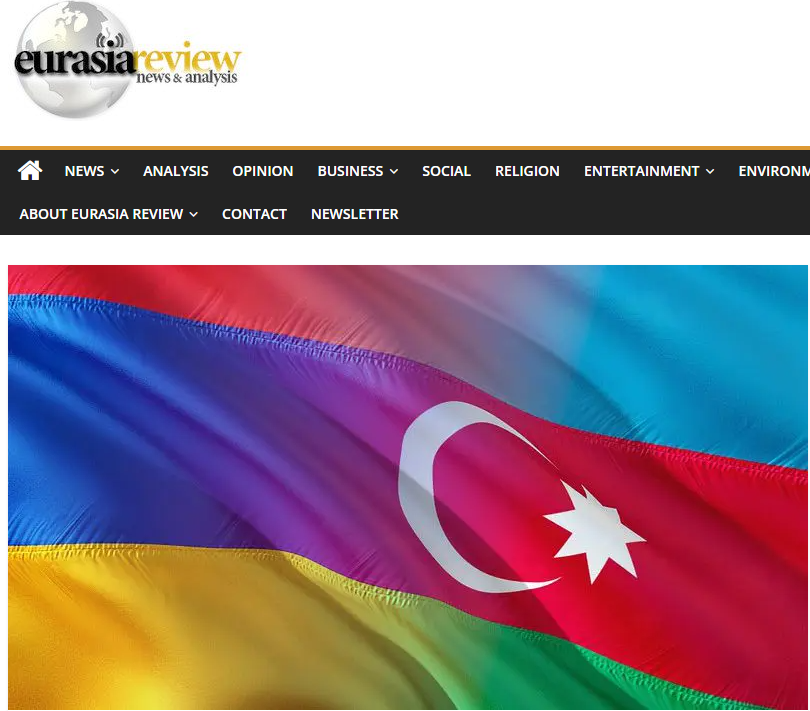On March 29, Azerbaijan and Armenia held their first official bilateral meeting under the auspices of the Organization for Security and Cooperation Minsk Group, with co-chairs from the United States, France and Russia. The Minsk Group was established in 1992 to deal with unresolved conflict between the two nations about the Nagorno-Karabakh region of Azerbaijan.
Dating back to the era of the Soviet Union, the conflict has resulted in 30,000 deaths and more than a million refugees and internationally displaced persons (IDPs). In 1992-93, Azerbaijan lost about 20 percent of its territory to Armenian control. In 1993, The United Nations Security Council adopted four resolutions recognizing the territorial integrity of Azerbaijan and demanding the withdrawal of occupying forces from the Nagorno-Karabakh region. Armenia has insisted it is not directly involved in the conflict and that the self-proclaimed “Nagorno-Karabakh Republic” is attempting to secede from Azerbaijan of its own volition. Came to the power as a result of so-called “Velvet Revolution” in April 2018 and formally elected in November 2018, Armenian Prime Minister Nikol Pashinyan pushed for the inclusion of the secessionists in the Minsk Group peace talks, but Azerbaijan and the group’s co-chairs have rejected the idea of changing the format of the negotiations.
The subjects of 25 years long negotiations between two countries is the status of Nagorno-Karabakh and other occupied territories, the return of IDPs and refugees and the safety of population in the conflict zone. Azerbaijan and Armenia are at loggerheads on these contentious issues. Azerbaijan insists on its territorial integrity, while Armenia wants Nagorno-Karabakh to achieve independence. In April 2016, Azerbaijan made military advances in Nagorno-Karabakh but stood down in the face of pressure from Russia. Since then, the Minsk Group co-chairs and other international organizations have stepped up efforts to resolve the conflict and called for a change to the status-quo of prolonged conflict.
Armenia’s 2018 revolution ended the rule of the so-called “Karabakh clan,” and Pashinyan came to power with an anti-corruption agenda that also embraces socio-political reforms favored by the West. At the same time, Pashinyan’s new government confirmed its strategic alliance with Russia, which has military bases in Armenia. The country remains economically isolated and faces a significant demographic crisis with many Armenians leaving the country. Good neighborly relations might help Armenia overcome many of its economic problems, but they require peace not only with Azerbaijan but also Turkey, with whom Armenia has a number of contentious issues. However, one of Pashinyan’s first moves was to send his son to serve in the occupied territories of Azerbaijan and can hardly be seen as a gesture of peace. Pashinyan’s bid for a liberal image failed on the conflict resolution agenda.
Now that the United States has recognized the Golan Heights as an Israeli territory, some politicians and experts in Armenia believe an acknowledgement from the US may be in the works for Nagorno-Karabakh’s secessionists. A similar hope emerged in 2008 after the West’s recognition of Kosovo’s independence and Russia’s retaliatory recognition of Ossetia and Abkhazia as independent from Georgia. The tit for tat, however, did not extend to Nagorno-Karabakh, and U.S. recognition of Golan Heights is even less likely to cause recognition of the occupied Nagorno-Karabakh as a part of Armenia. Apart from the United States and Russia, major international actors are strongly opposed to changing the post-war system of international rules-based order. Furthermore, Azerbaijan managed to build solid political relations with Moscow and Washington, and its non-aligned status assures friendly relations with them.
The future of the region rests on a lasting peace that will bring benefits to the people of both Armenia and Azerbaijan. And yet, there is reluctance toward establishing peace because it means changing the status-quo, which is rooted in continued occupation. Armenia wants to postpone the resolution of the conflict for a better day to legalize its land annexation.
In the 1962 classic American play Who’s afraid of Virginia Woolf?, a middle-aged couple invites friends to have a cozy evening conversation. Instead, the couple engages in a long night of verbal abuse in front of their guests. Fans of Albee may have been reminded of the play as the Minsk Group talks wrapped up and Pashinyan issued a statement to the international community about the positive outcomes and the necessity of peace in the region. A day later, his defense minister, speaking to the Armenian diaspora in New York, warned of a “new war for new territories.” Either the Armenian government members have fights over understanding of peace, like a married couple about their relationship in Albee’s play, or for Armenia’s current leadership peace is not a target.
https://www.eurasiareview.com/03042019-whos-afraid-of-peace-oped/

